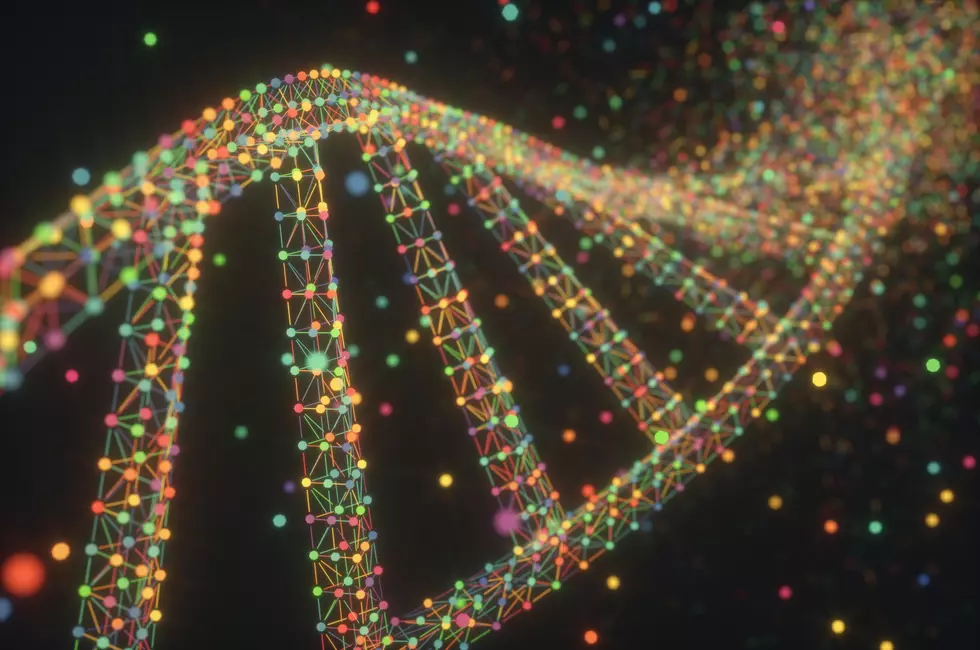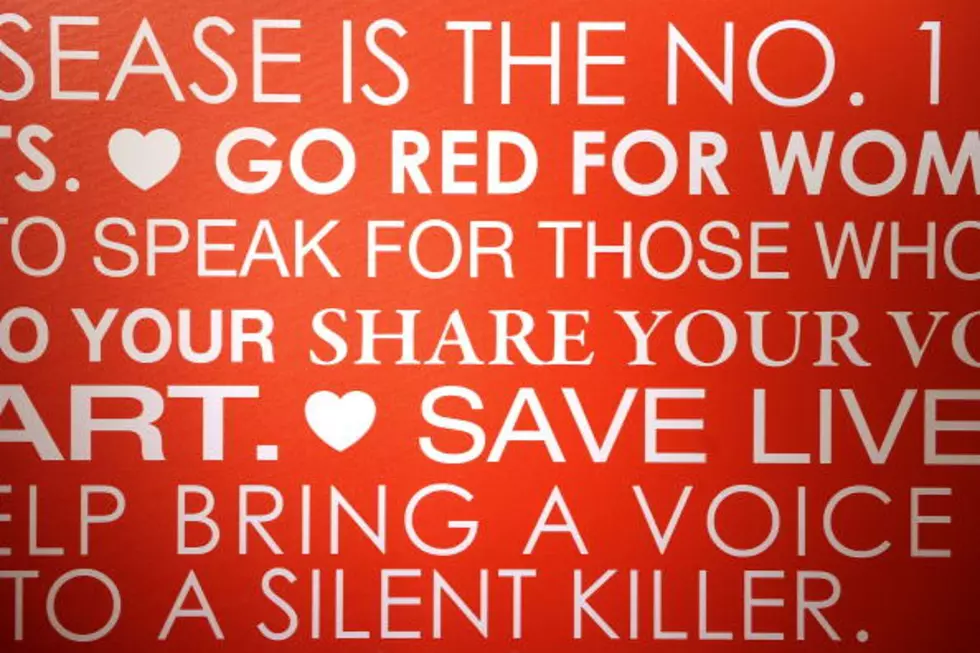
Should Police Take DNA Swabs From People They Arrest?
A Supreme Court ruling that allows police to routinely take DNA samples from people they arrest is coming under fire from four dissenting justices and from the American Civil Liberties Union.
The court said taking a person's DNA through a cheek swab is just like taking fingerprints or a photo. The five-justice majority sees it as a legitimate police booking procedure.
But the four dissenting justices say the court is allowing a major change in police powers.
One of the four, Justice Antonin Scalia, wrote a sharply-worded dissent warning that the DNA of any individual can now be entered into a national database if that person is ever arrested -- "rightly or wrongly, and for whatever reason." He says it's a practice that will solve some additional crimes -- but Scalia says the same would be true if DNA were taken from every airplane passenger, or from every child starting public school.
The ACLU says today's ruling creates a "gaping new exception to the Fourth Amendment."
But the ruling is being praised by a group fighting rape and sexual abuse. The head of the Rape, Abuse and Incest National Network says DNA has already played a role in nearly 200,000 investigations. Scott Berkowitz says it will "continue to be a detective's most valuable tool in solving rape cases."
(Copyright 2013 by The Associated Press. All Rights Reserved.)
More From New Jersey 101.5 FM









